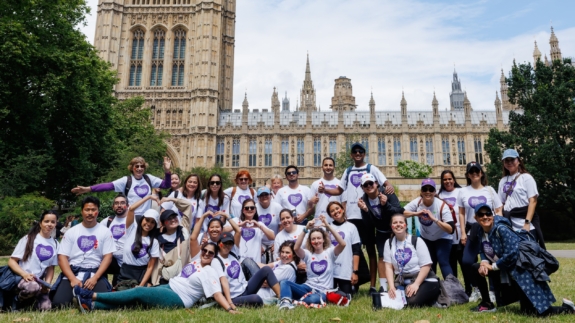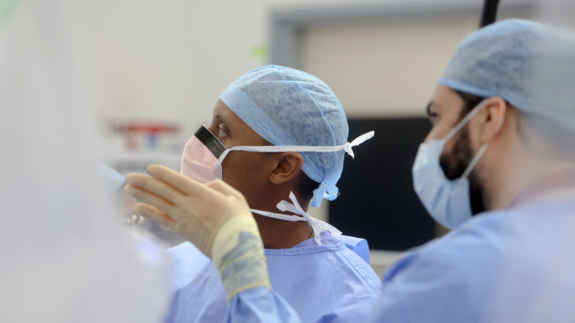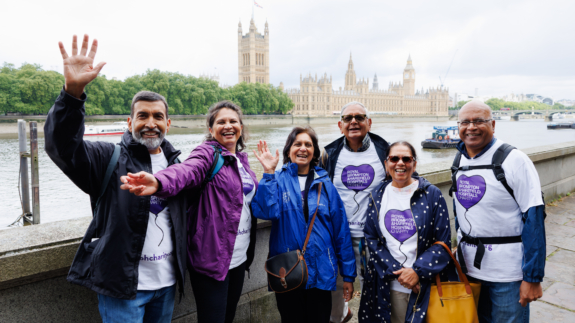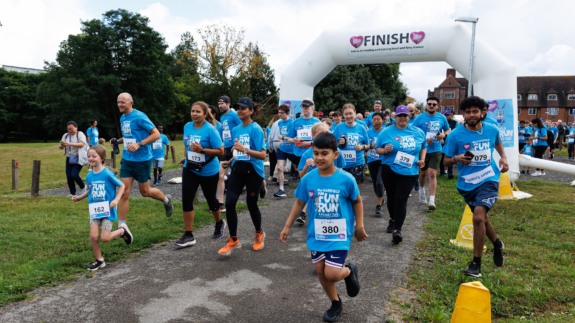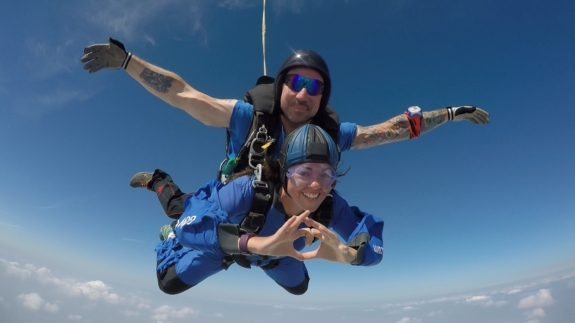Ooops… Sorry
that page doesn’t exist. Why not try searching 🔍 above or just a take look around
Contact us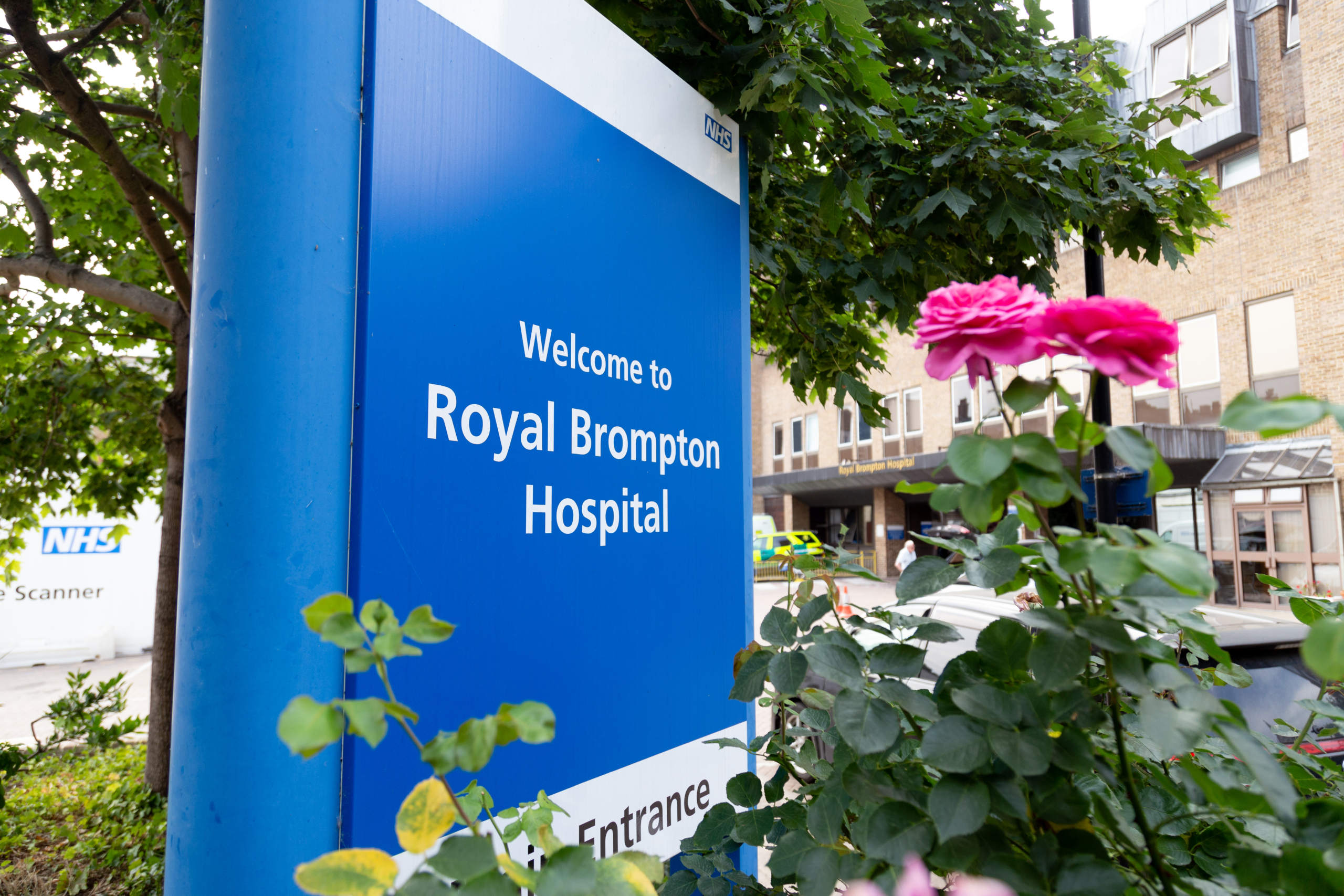
What we do
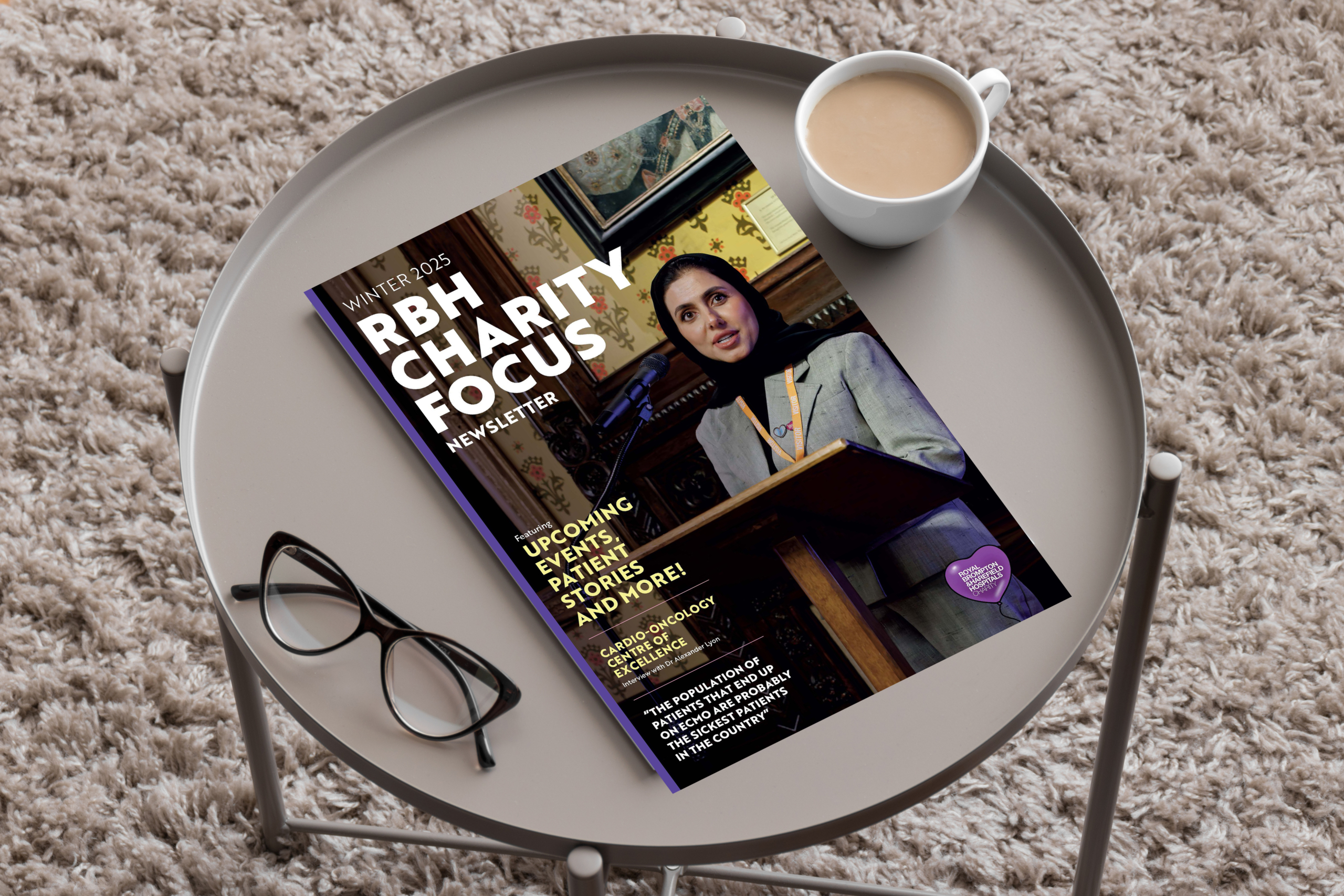
Our Charity Magazine
Read our magazine to find out about exciting projects, interesting interviews with clinical leaders and how to get involved


